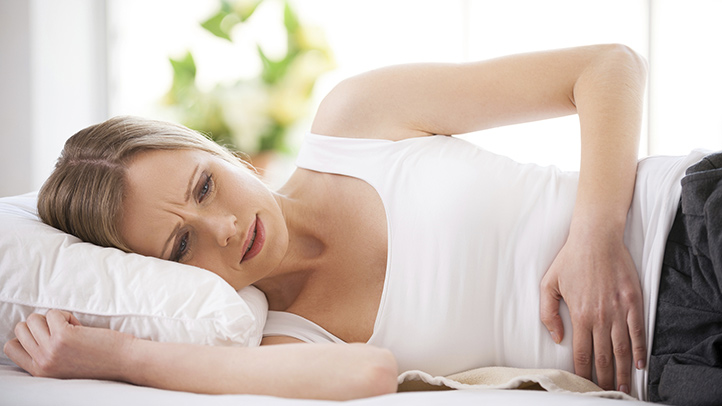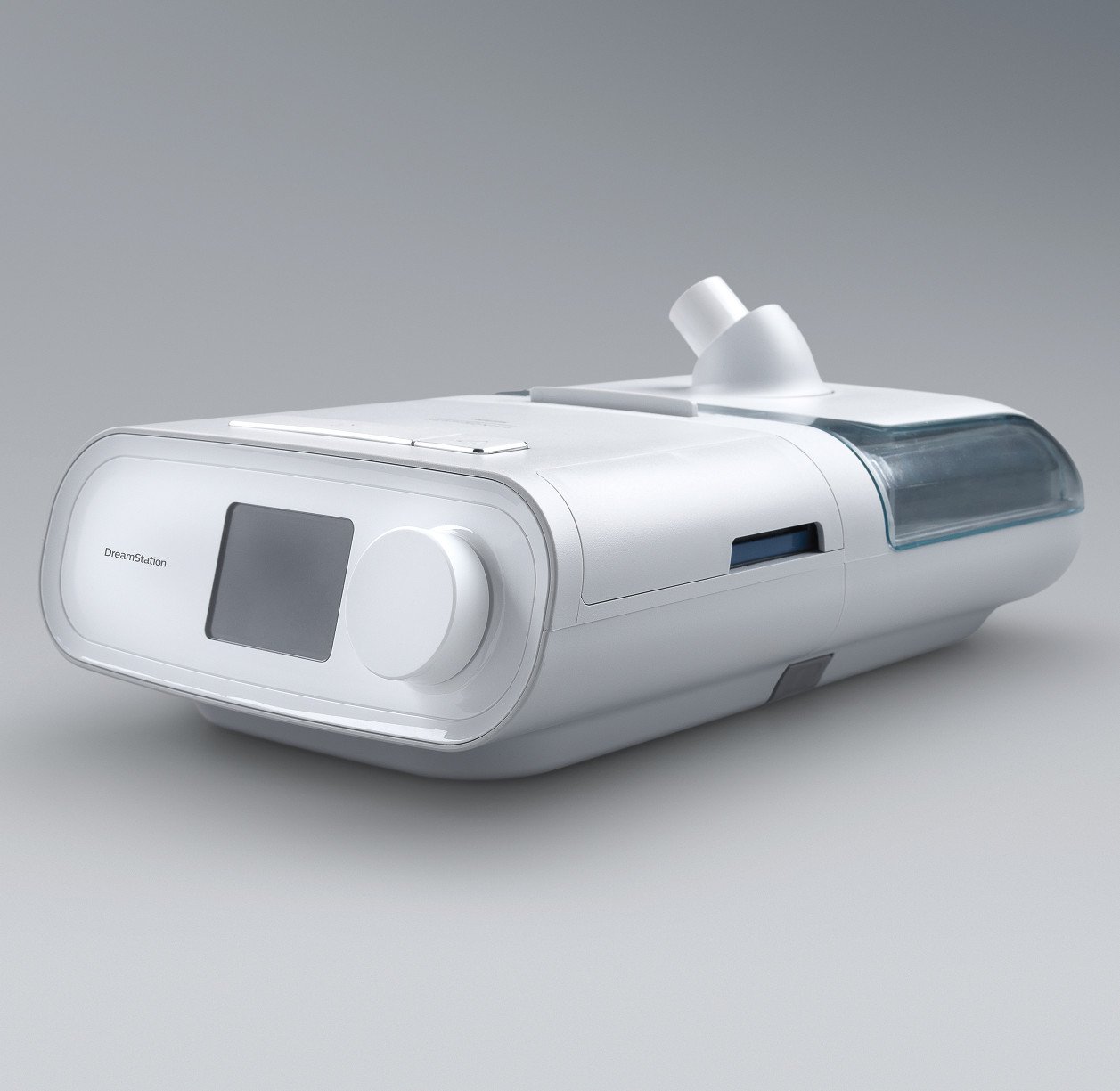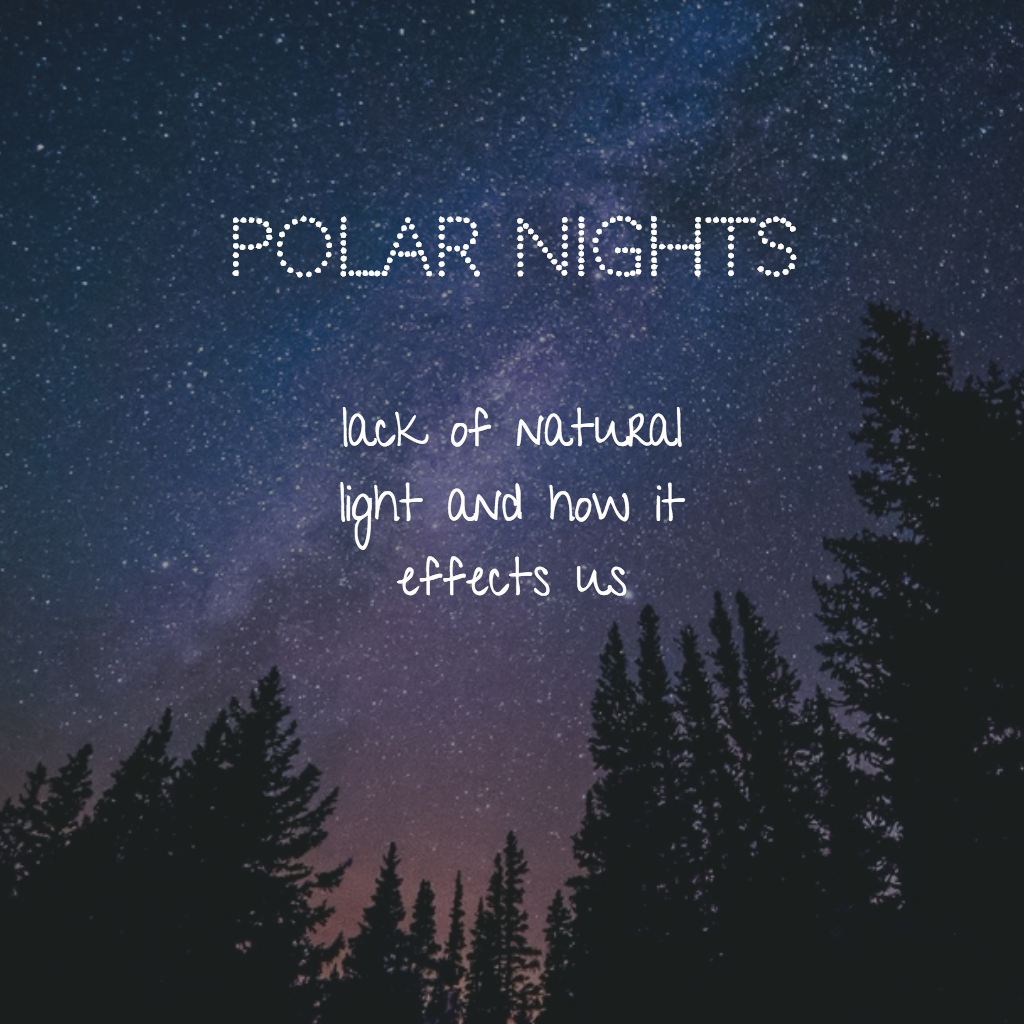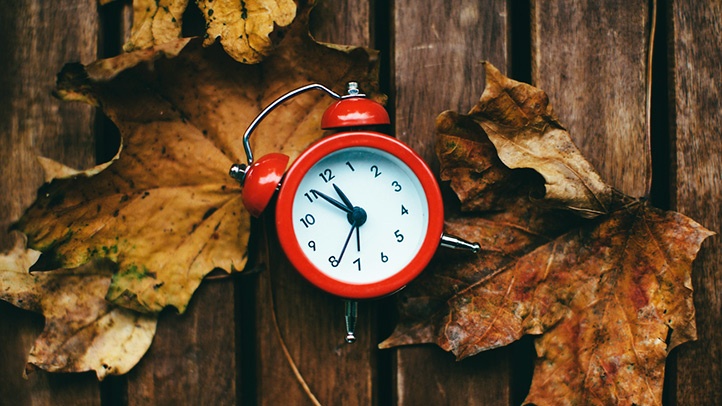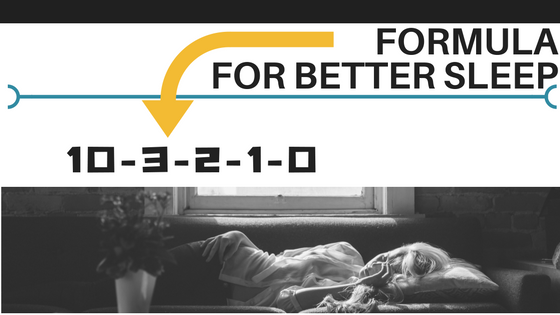Inflammatory bowel disease (IBD) is a waxing and waning disease characterized by diarrhea, abdominal pain, and weight loss. IBD, which includes Crohn’s disease and ulcerative colitis, affects as many as 1.6 million Americans, most of whom are diagnosed before age 30. Since there is no cure for these diseases, patients are relieved when they enter remission.

